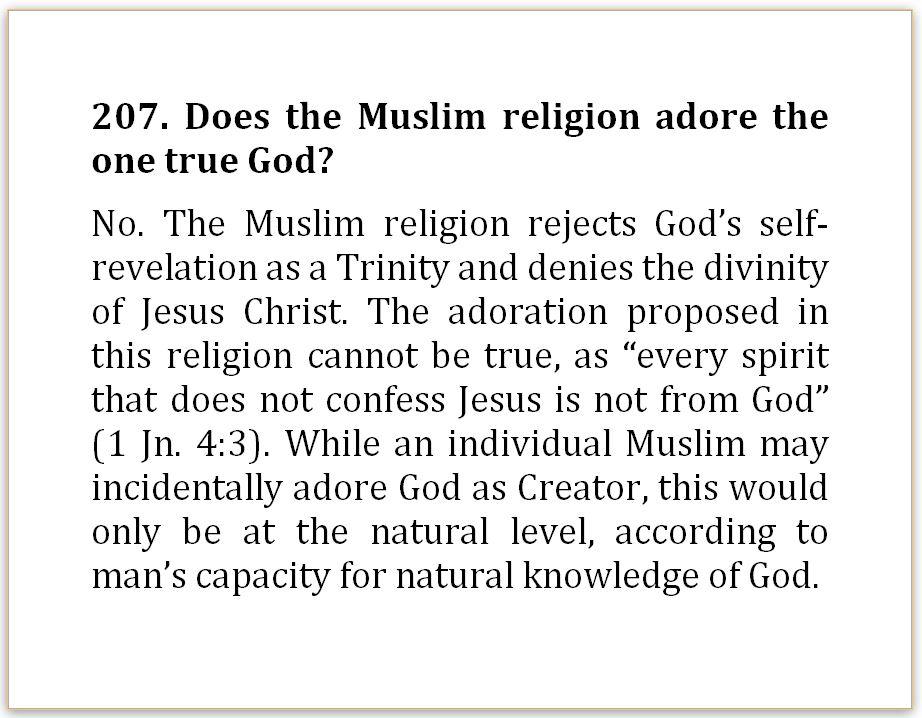An Insight into the Jewish Religion

Introduction
The Jewish religion, one of the oldest monotheistic faiths, has profoundly influenced the cultural and spiritual landscapes of the world. Its teachings, traditions, and ethical frameworks have endured for millennia, shaping not just the lives of its adherents but also contributing to broader societal values. As global discussions around religion, tolerance, and cultural identity intensify, understanding the Jewish faith becomes increasingly relevant.
Core Beliefs and Practices
Judaism is rooted in the belief in one God and the covenant made between God and the Jewish people, which is foundational to Jewish identity. The Torah, comprising the first five books of the Hebrew Bible, serves as the central religious text, outlining commandments and laws governing personal and communal conduct.
Key practices include observing the Sabbath (Shabbat), which begins on Friday evening and ends on Saturday night. During this time, Jews refrain from work, engage in prayer, and spend quality time with family. Additionally, dietary laws known as Kashrut dictate which foods are permissible, guiding followers in their daily eating habits.
Cultural and Social Dimensions
The Jewish religion is not only a set of beliefs but also a deep cultural identity. Jewish festivals such as Passover, Yom Kippur, and Hanukkah play significant roles in community life and serve to reinforce collective memory and history. Each festival is imbued with rich traditions, rituals, and teachings that promote unity and reflection within the community.
In contemporary society, Jewish communities face various challenges, including antisemitism and the need to maintain their cultural heritage amidst modernising influences. Recent surveys indicate that many young Jews are seeking to connect with their roots, finding ways to blend traditional practices with contemporary lifestyles.
Current Events and Future Outlook
As of late 2023, there has been a resurgence of interest in Jewish education and cultural programming, particularly in Western countries. Many organizations are dedicated to promoting understanding of the Jewish religion, combating ignorance and prejudice through educational initiatives and community outreach.
Forecasts suggest that as societies become more multicultural, interfaith dialogues will play a critical role in fostering understanding and coexistence among different religious communities. The Jewish religion, with its rich history and diverse expressions, continues to be pivotal in such discussions.
Conclusion
In conclusion, the Jewish religion, with its profound history and unique cultural identity, remains a vital part of today’s global tapestry. As we move forward, engaging with and understanding different faiths such as Judaism can open doors to greater empathy and mutual respect among diverse communities. The future will likely see continued emphasis on education and interfaith dialogues as tools for fostering peace and understanding.
